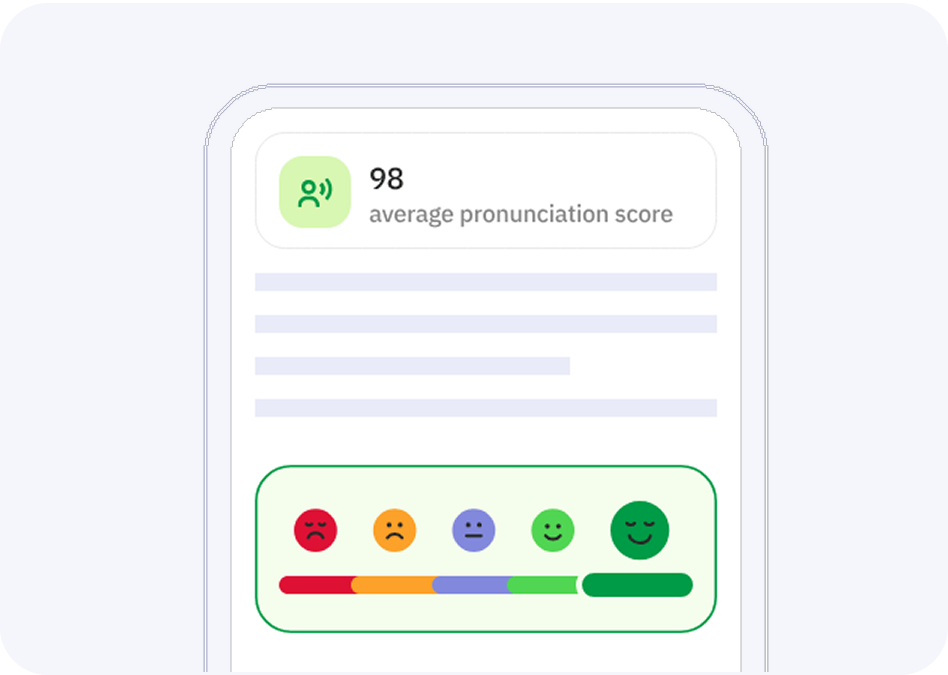Beginner's Guide to Epistemology & Ontology
Understanding the nature of knowledge, reality, and existence can seem daunting. Epistemology and ontology are foundational branches of philosophy, addressing questions about physical and conceptual worlds we live in. Whether you're exploring philosophy for academic purposes, or simply driven by intellectual curiosity, this beginner-friendly guide will introduce essential concepts clearly and concisely.

The talkpal difference

Personalized Education
Every student has a distinct style of acquiring knowledge. Through Talkpal technology, we analyze the study patterns of millions of users concurrently to build highly effective educational frameworks. These insights allow us to fully customize the lesson plans for every single user based on their specific interests and needs.

Cutting-Edge Technology
Our main mission is to lead the way in providing a unique study experience for every person. We accomplish this by leveraging the most recent innovations in technology to ensure you get the best AI-driven guidance available.

Making Learning Fun
We have transformed the educational process into a delightful activity. Since maintaining motivation in an online setting is often difficult, we developed Talkpal to be immersive and exciting. The experience is so compelling that many users prefer improving their language skills with our app instead of playing video games.
LANGUAGE LEARNING EXCELLENCE
The most efficient way to learn a language
Try Talkpal for freeWhat is Epistemology?
Epistemology is the branch of philosophy that explores the nature, origin, scope, and validity of knowledge. It investigates how we know what we know and identifies conditions that make knowledge reliable and justified.
Key Concepts of Epistemology
- Knowledge: Traditionally considered justified true belief.
- Belief: Acceptance or conviction in the truth or existence of something.
- Truth: A statement or belief matching reality or corresponding with facts.
- Justification: Sound reasoning or evidence supporting a belief or claim.
Major Questions in Epistemology
- How do we know something?
- What differentiates belief from knowledge?
- Can we truly know anything beyond our sensory experiences?
- What types of knowledge exist? (Empirical, rational, intuitive, etc.)
Primary Positions in Epistemology
- Empiricism: Knowledge primarily comes from sense-experience and observation.
- Rationalism: Knowledge mainly derives from reason and logic.
- Skepticism: Doubts about certainty or the possibility of absolute knowledge.
What is Ontology?
Ontology is the philosophical study of existence, being, and reality. It seeks to understand the fundamental categories of existence and define what is essentially real or existent.
Key Concepts of Ontology
- Being: Fundamental reality; the basic nature of existence.
- Existence: The state or fact of existing and being real.
- Reality: Structure, components, and dynamics of what is genuinely real.
- Entities: Anything with distinct existence—living beings, abstract concepts, physical objects.
Major Questions in Ontology
- What kinds of things exist?
- How can we categorize reality?
- What is the difference between physical and metaphysical entities?
- Are abstract concepts like numbers, thoughts, or moral principles real?
Primary Positions in Ontology
- Realism: Certain things exist independently of human perception.
- Idealism: Reality ultimately consists primarily of minds, ideas, or consciousness.
- Materialism: Only physical matter and energy truly exist; abstract concepts derive from physical reality.
How Epistemology & Ontology Connect
Both epistemology and ontology analyze foundational questions about the nature of reality (ontology) and how we come to know it (epistemology). Ontology determines what “is,” while epistemology examines how we may gain knowledge about it. Understanding each area complements and enhances appreciation of the other.
Practical Importance of Understanding Epistemology & Ontology
- Clarifies Understanding: Helps differentiate between assumptions, beliefs, and evidence-based truth.
- Enhances Critical Thinking: Encourages better reasoning, analysis, and informed judgement.
- Essential in Research: Clearly defines what exists and helps defend the methodology behind knowledge acquisition.
Conclusion
Epistemology and ontology, although initially challenging, offer insights indispensable for rigorous thought, questioning assumptions, and refining our understanding of reality and knowledge. Through exploring these foundational concepts, we enhance critical thinking skills beneficial to philosophy and everyday life.
The most efficient way to learn a language
Try Talkpal for freeFrequently Asked Questions
Why do epistemology and ontology matter?
Can I study epistemology and ontology separately?
Are epistemology and ontology relevant outside philosophy?
What’s the simplest way to explain epistemology?
How do real-world examples clarify ontology?







